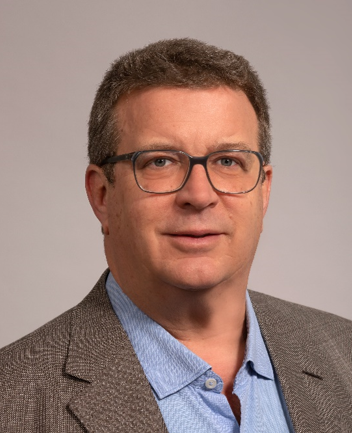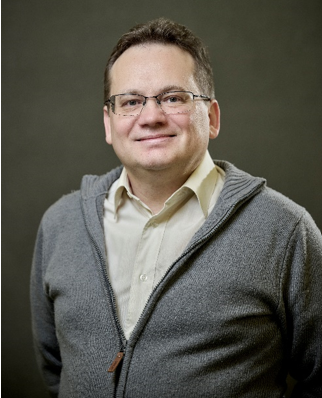Neuroinfection Laboratory
Research group leaders

- Name / Titel
- Prof. Dr. med. Stephen Leib
- stephen.leib@ifik.unibe.ch
- Phone
- +41 31 632 49 49

- Name / Titel
- Dr. Denis Grandgirard
- denis.grandgirard@ifik.unibe.ch
- Phone
- +41 31 632 78 63
Staff
- Simone Leoni, M.Sc
- Mari Erhardt, Lab technician
Research focuses
- Infectious Diseases of the Central Nervous System
- Brain injury
- Neuroprotective/neuroregenerative therapy
- Immunity and Inflammation of the Central Nervous System
- Preclinical evaluation of therapeutic agents in Neuroinflammation/Neuroinfection
Methods
- Histopathology
- Fluorescence microscopy
- Experimental animal models for central nervous infection (rat, zebrafish)
- Organotypic tissue slice culture systems
- Biomarkers of inflammation
- Neurofunctional outcome measurements
- Stem cell culture and differentiation
- Microbiological methods
Short description
The research efforts of the team are focused on infectious diseases of the brain, with an emphasis on processes inflammation, neuronal injury and brain tissue repair in bacterial meningitis and viral encephalitis models. An expertise of the group is the complementary work in vitro and – when necessary - in vivo disease models of CNS infections, assessment of parameters of brain inflammation and brain damage and the pre-clinical evaluation of molecular therapeutics.
The clinical outcome of central nervous system infections is determined by pathogen-specific properties and the brain’s response to the pathogen. How infection leads to brain injury remains largely unresolved. An impediment to progress is the complexity of pathophysiologic processes, which involve a variety of microbial pathogens and spatially and temporally distinct mechanisms of brain damage, with the involvement of multiple mediators, immune cell types, target cells and pathways. Being a complex multifactorial disease, that is modulated by the interaction of the different brain cells with the microbial pathogens, infectious diseases of the CNS are prime targets for multidisciplinary efforts using integrative technologies including new disease models, non-invasive imaging techniques, functional genomics, synthetic biology, proteomics and bioinformatics. Based on the knowledge gained from the basic research, the group translationally develops and evaluates interventions that protect the brain from acute damage and support restorative functions of the brain e.g. neurogenesis. Novel therapeutic concepts that limit the spread of the pathogen, attenuate brain damage and support brain repair are further evaluated for their potential to preserve neuro-integrative function e.g. learning and hearing capacity in long term survivors of bacterial meningitis or viral encephalitis/meningoencephalitis.
